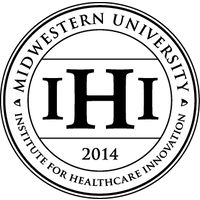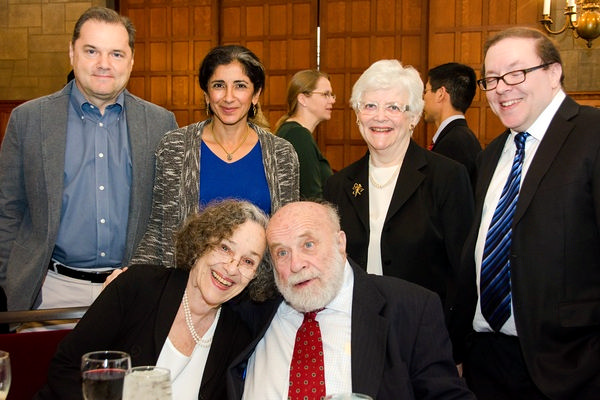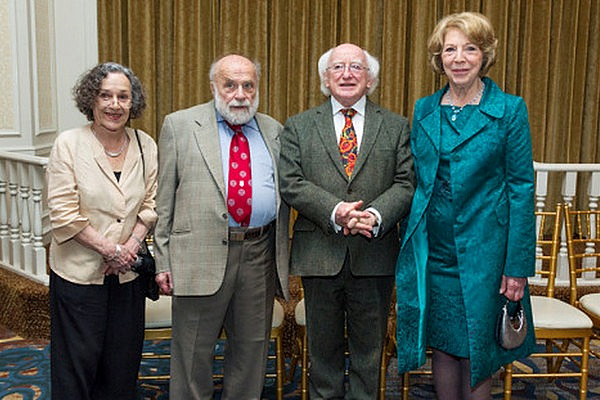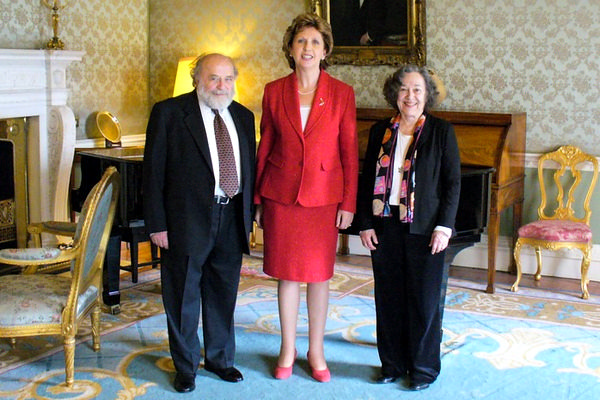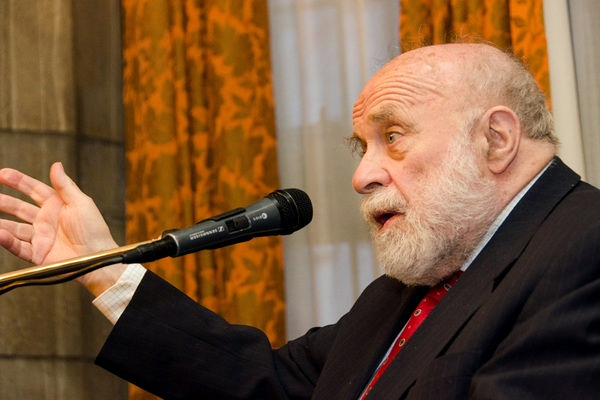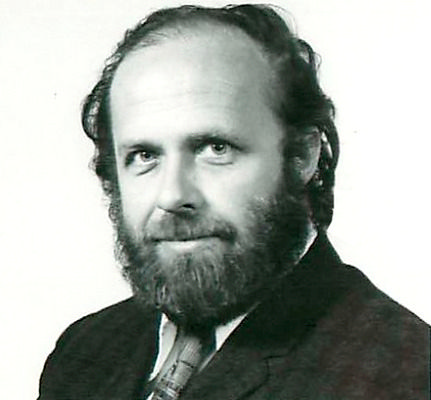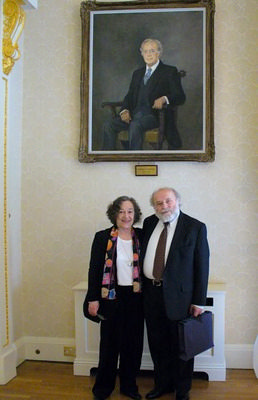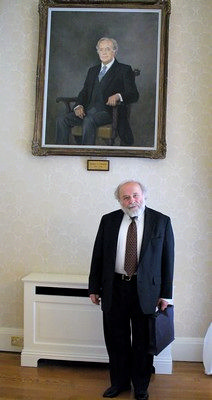Midwestern University Student Program
CorVita Science Foundation (CSF) in partnership with Midwestern University’s Institute for Healthcare Innovation (IHI), has established a cutting-edge training program for medical students seeking further education in clinical research. These students have access to data from current and past enrolled clinical trials providing a real-life apprenticeship in clinical scholarly activity.
Each summer the students sit classroom style and learn about the different methods of clinical trial research. The course details are below:
Program Courses (each lecture is one hour, each week):
- Fundamentals of Clinical Trials in Cardiovascular Medicine
- Review of Federal and Regulatory Guidelines
- The Drug Development Process
- Informed Consent Process
- The Standard IRB Process
- Creating Research Protocols
- Evaluation of Contract Agreements and Budgets
- Clinical Trial Initiation
- CMS Registration and Approval Process
- Monitoring and Auditing of Trials
In addition, students also get the option to work on several projects with physician leaders. These cardiovascular specific projects allow the physician to mentor the students early in their careers. Here is a list of projects:
I. Official Intelligence and Machine Learning
This project, which was started with the 2017 summer student group, evaluates subcutaneous ICD (S-ICD) stored electrocardiographic data. The research will include data-basing 10,000 S-ICD events digital electrograms and adjudicating the events carefully and methodically. The project will teach students how to set up adjudication methods, intellectual property, data repositories for digital data, contracting for data release and adjudication of electrogram events.
II. Center for Predictive Analytics and Data Mining
This 2018 summer research project will continue as the students had successfully cataloged 250 patients with atrial fibrillation last year. The pilot project was to test a predictive analytic regarding medication adherence and compliance. This next stage of this project is to validate the predicative analytic score and to expand to new healthcare analytics. The Center will teach students the importance of objective measures of risk/benefit in caring for patients in clinical settings, advance their knowledge on the utility of statistical analysis of subjective behavior, objective data points, clinical trail data points, clinical trial data utility (such as metanalysis) and non-medical metrics to guide clinical care.
III. Longitudinal Clinical Registry Suite
This registry will recreate a new clinical longitudinal registry for patients at high risk of sudden death and ventricular arrhythmia’s. This project will involve developing, from scratch, a data logging platform on RedCap. The students will gain a better understanding of the value of physician led databases, informed consent and protocol development, data entry and clinical communication/writing.
IV. Video Education Laboratory
A new project to create video education content to expand the reach of expert knowledge across the globe. This project will be done in phases with a prospective research platform that tests two methods of video education using two topics. The students will develop a project plan, research tools for eventual analysis to set the stage for content development and launching the video content to end users internationally.
Video 1: The first topic will include a full deep dive into explaining the sensing algorithm for the subcutaneous ICD (currently described worldwide as a black box).
Video 2: Begin to create a research curriculum video for students worldwide to detail the Art in the Science of Medicine.
